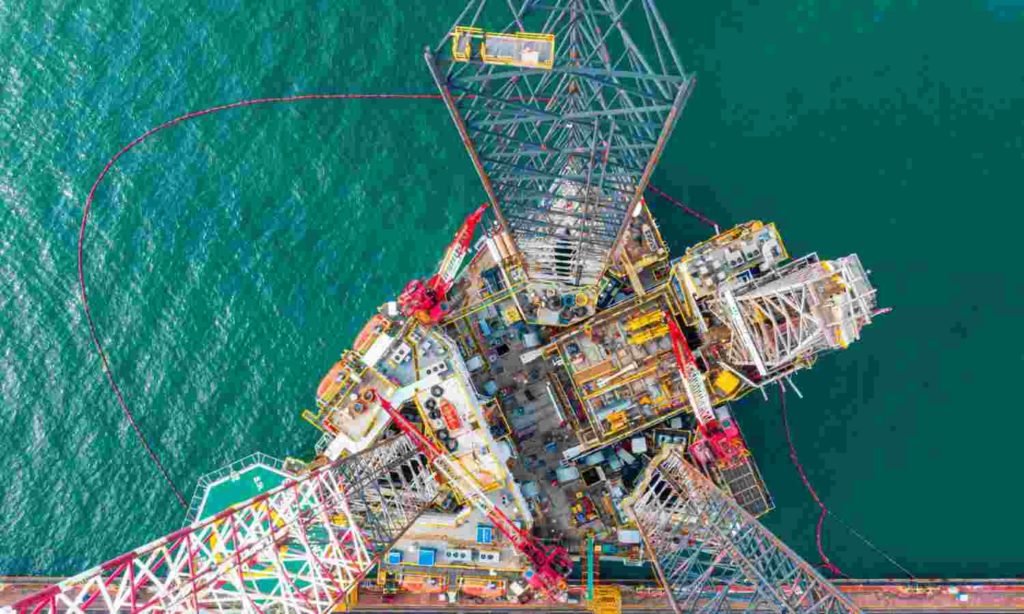
Date: August 1, 2023
Introduction
Chariot Oil & Gas, a prominent exploration and production company, has made a significant stride in its pursuit of hydrocarbon resources by securing an onshore license adjacent to the Anchois gas field. The newly acquired license presents promising opportunities for the company to tap into potentially lucrative energy reserves. With plans for imminent drilling, Chariot is set to embark on an exciting venture that could reshape the energy landscape in the region.
The Significance of the Anchois Gas Field
The Anchois gas field, situated in the offshore waters of Morocco, has long been recognized as a substantial hydrocarbon reserve. Its proven and probable reserves of natural gas make it a vital energy asset for the country and the wider region. Chariot’s strategic move to secure an onshore license adjacent to the Anchois field marks a significant step towards exploiting this valuable resource.
Securing the Onshore License
The process of securing an onshore license adjacent to the Anchois field was no doubt a rigorous one. Chariot’s commitment to environmental stewardship, technical expertise, and financial capabilities played a pivotal role in winning the license bid. By meeting the necessary regulatory requirements and demonstrating a commitment to sustainable exploration, Chariot was able to secure the license and cement its position as a key player in the Moroccan energy landscape.
Potential Resources and Exploration Prospects
With the onshore license in place, Chariot gains access to potentially vast hydrocarbon resources that could boost its overall reserves significantly. The proximity to the Anchois gas field suggests that the geological formations in the area could hold similar natural gas deposits, creating the potential for a substantial gas development project.
Furthermore, drilling in onshore locations can be less challenging and more cost-effective compared to offshore exploration. This cost-effectiveness allows Chariot to allocate resources efficiently and achieve a favorable return on investment, benefitting both the company and its stakeholders.
Community and Environmental Impact
As with any energy exploration project, it is essential for Chariot to maintain open communication and cooperation with local communities and stakeholders. The company must prioritize sustainable practices, ensuring that environmental concerns are addressed responsibly.
Chariot’s commitment to minimizing its environmental footprint, adhering to stringent safety protocols, and engaging in social responsibility initiatives will be critical in earning the trust and support of the local communities. By fostering positive relationships, Chariot can mitigate potential conflicts and promote shared prosperity in the region.
Investor Confidence and Future Prospects
Chariot’s successful acquisition of the onshore license adjacent to the Anchois gas field is expected to boost investor confidence in the company’s capabilities. As drilling commences and exploration activities progress, the market will closely monitor Chariot’s performance and prospects.
Positive results from initial exploration could attract further investment, unlocking additional capital for future developments and enhancing the company’s ability to expand its presence in the region. A successful venture would not only benefit Chariot’s shareholders but also contribute to the energy security and economic growth of Morocco.
Conclusion
Chariot Oil & Gas’s acquisition of an onshore license adjacent to the Anchois gas field marks a pivotal moment in the company’s history. As drilling commences soon, the potential for discovering additional hydrocarbon resources in the region looks promising. Chariot’s commitment to environmental responsibility and community engagement will be crucial in ensuring the success and sustainability of this project. As the world continues to seek diversified and sustainable energy sources, Chariot’s venture could play a significant role in meeting future energy demands while contributing to the socio-economic development of the region.




